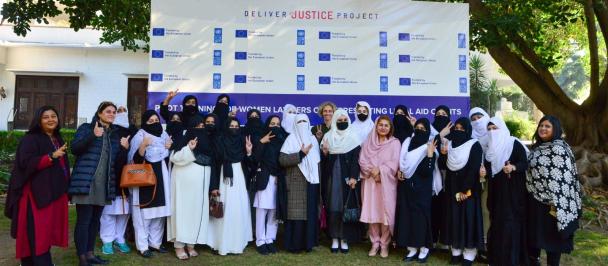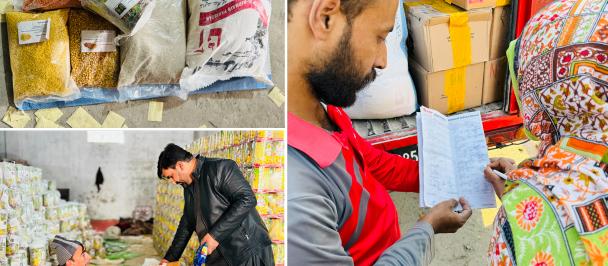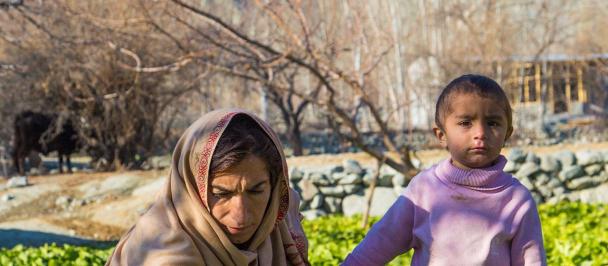How UNDP is creating income-generating opportunities for flood-affected people of Pakistan
September 28, 2023
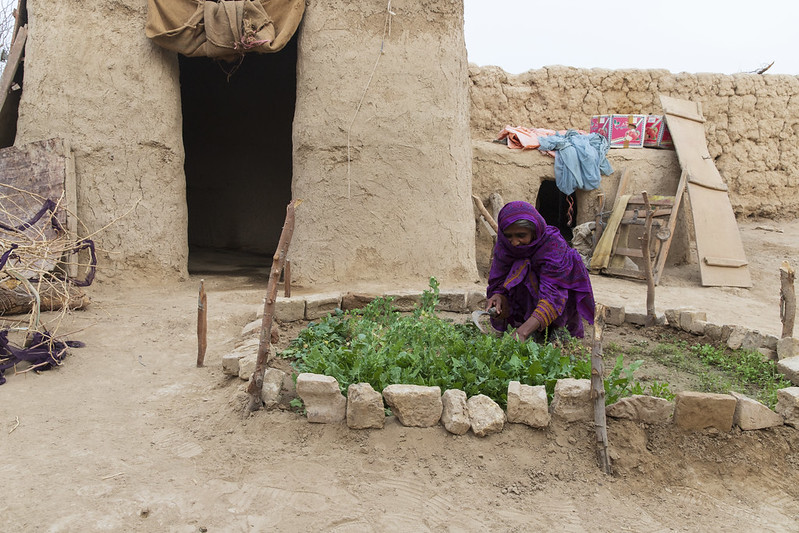
Pakistan is one of the top ten countries affected by climate change, with the 2022 floods underscoring the challenge's unpredictability, magnitude, and adverse impacts. The country has experienced changes in weather patterns such as fluctuations in temperatures and precipitation, along with a rise in the frequency and intensity of tropical storms, coastal rains, glacial melting, glacial lake outburst flooding, and droughts. The coastal regions of Balochistan and Sindh have particularly witnessed the impacts of climate change, with an increase in the severity and frequency of tropical storms, coastal rains and intrusion of seawater.
The consequences of the 2022 floods were borne by 3 million people, leaving families without a source of income and with little or no access to even the most basic amenities of life.
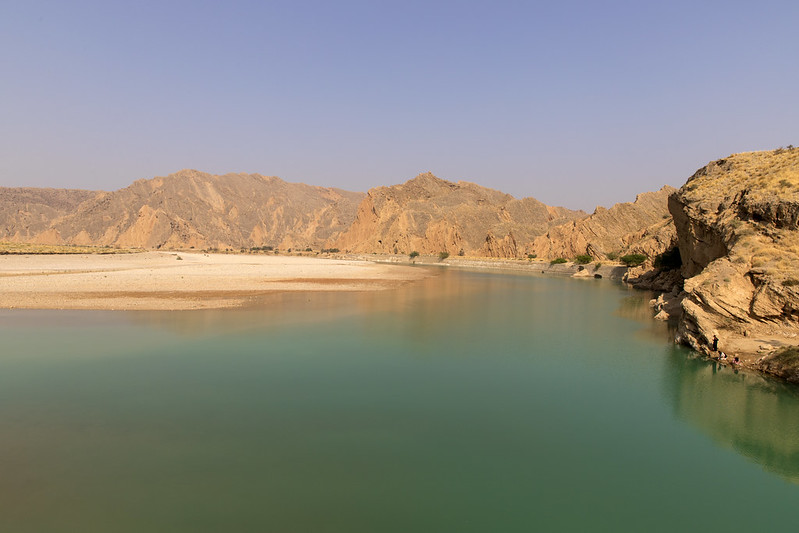
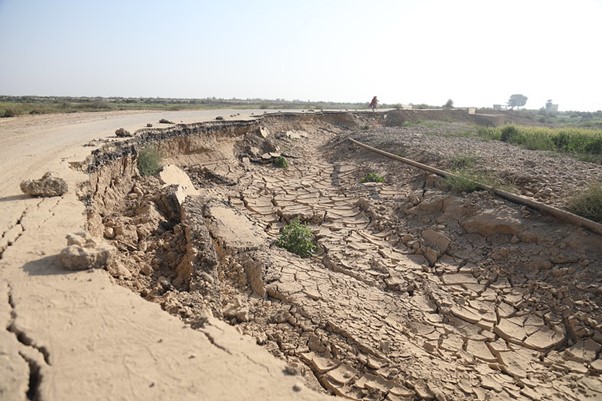
Agriculture production halted
The floods of 2022 damaged agricultural land, destroying crops and infrastructure, including storage facilities with millions of tons of grain. The floods struck before the harvesting stage of key crops, including cotton, rice, and sugarcane.
Economic activity was disrupted, livelihoods were severely impacted, with 9 million people pushed into poverty. Around 1 million livestock are estimated to have perished. Furthermore, damage in the agricultural sector had spillover effects on the industry and service sectors. The floods also adversely impacted the livelihoods with 4.3 million people losing their jobs. The household earnings were reduced, and job opportunities ceased to exist as a result of ruined crops, deceased animals and the suspension of commercial activities. Moreover, the depletion of possessions such as residences, livestock, productive machinery, and household items also contributed to the overall impact.
The flood's devastation went beyond economic losses; it tore apart families' lives. For example, Jalal Khan and Maqbool's family found themselves jobless, homeless, and burdened with debt for seeds and fertilizers. Their story illustrates the immense challenges faced by many in the aftermath of this natural disaster.
“My entire home was mercilessly swept away, leaving my family with nowhere to seek shelter. The heart-wrenching truth is that I lost not only my beloved livestock but also my entire agricultural production – the very foundation of my livelihood.”Maqbool, Tando Khan, Balochistan
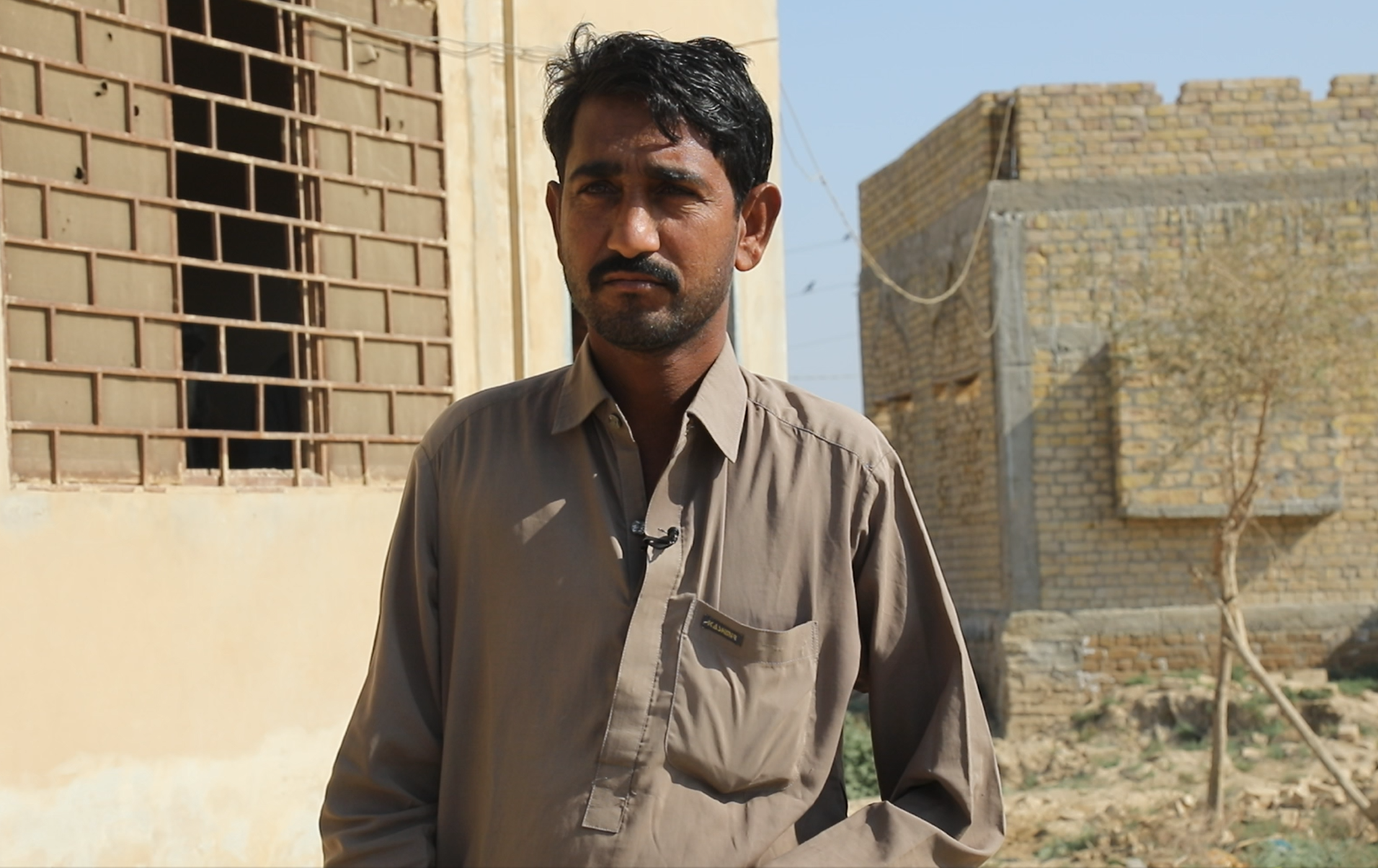
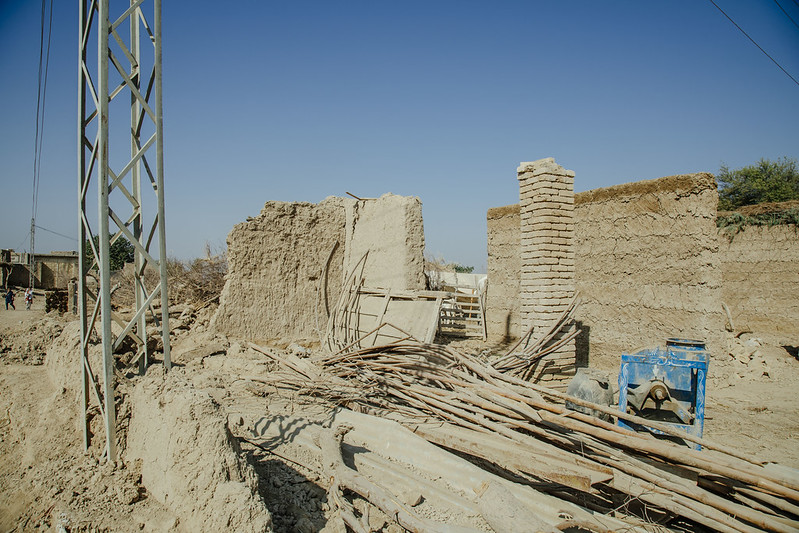
Shama, too, shares her harrowing tale of resilience in the aftermath of the devastating floods. Her home was washed away, and her agricultural yield vanished into the relentless currents, leaving her struggling for survival with no lifeline in sight.
“The floods destroyed my livelihood, and I don't have any other source of income. I'm grateful to UNDP Pakistan for the financial support. I'll use the money to buy seeds and crops to sustain our agriculture, which is crucial for my family's survival".Shama, Sindh Pakistan

Economic Activity Hindered
The flood damage to infrastructure and capital goods was debilitating for small businesses in rural Pakistan. Muhammad Akbar is one such individual belonging to Jalal Khan village, Balochistan, Pakistan. He worked as a cobbler to earn income for his family. Due to damaged infrastructure and no houses to reside in, commercial activity in his area dwindled to almost nothing.
“All the material that I had purchased for my business was washed away and I cannot afford to even feed my family let alone purchase resources to continue the business”. But now with the financial assistance received from UNDP Pakistan, I will purchase new material and establish my business again.Muhammad Akbar, Balochistan Pakistan
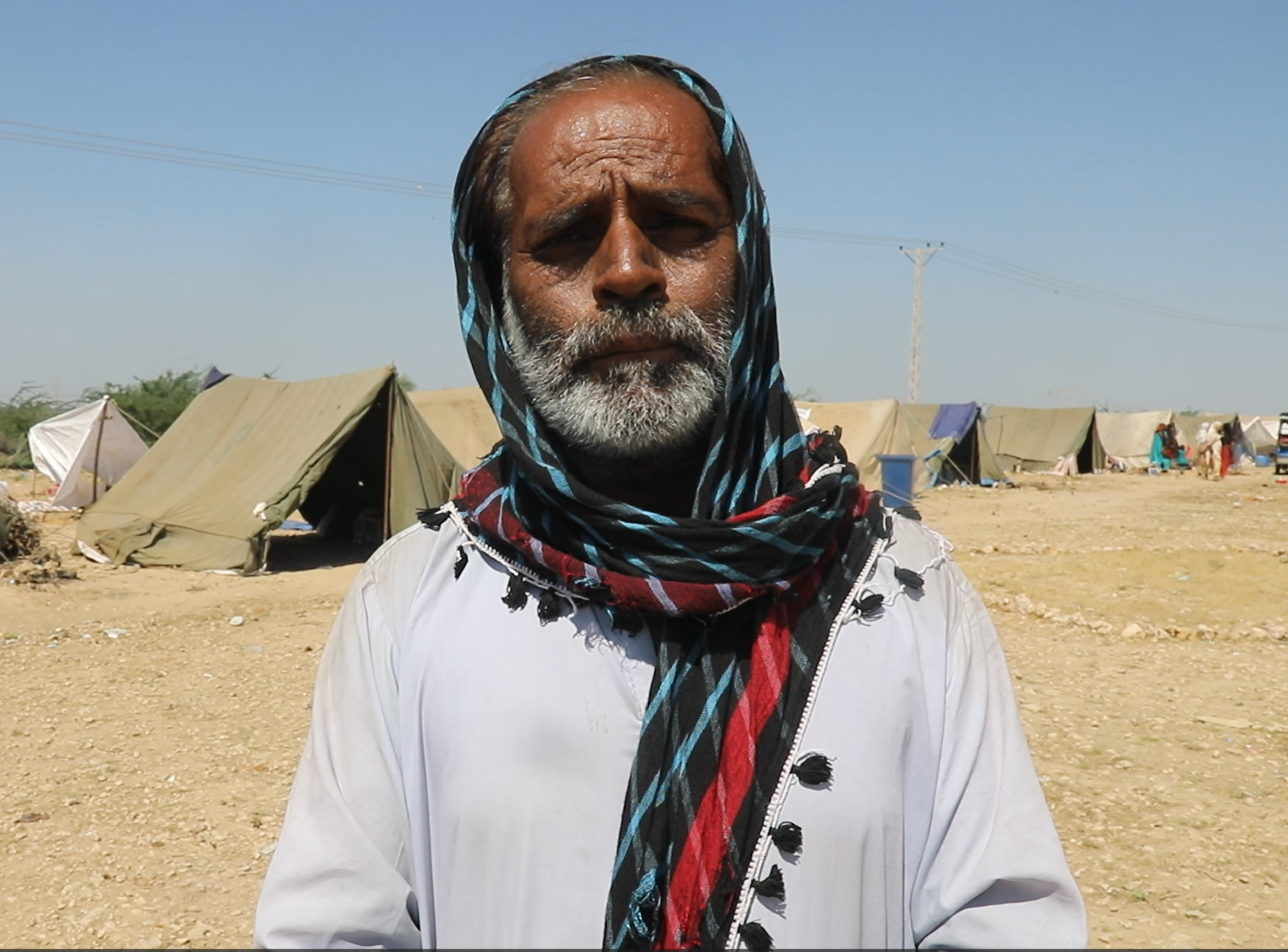
Sughra shares her life-changing story caused due to the onset of floods leaving behind her family with no place to live and no income to meet their daily basic needs. Her small business of a tuck shop which barely provided her means of sustenance was also washed away forcing them to relocate with no savings in hand.
As a woman, she faces challenges in her new environment, as not all communities readily accept women in the workforce. Compounded by her husband's medical issues, Sughra has become the family's sole breadwinner.
"It's incredibly tough for me to start a new business from scratch, especially as the sole provider for my family and a woman. Overcoming the hurdles of acceptance and credibility has been a significant challenge, but I'm determined to surmount them to support my family. The financial assistance I received after losing everything to the floods has rekindled hope. It not only helps us overcome the food crisis but also enables me to kickstart a business that can contribute to economic activity in the area.Sughra, Sindh Pakistan

UNDP is running numerous projects in flood-affected communities to help people earn a sustainable source of income for their families. UNDP has taken on the challenge of massive recovery and rehabilitation activities by pivoting existing programmes for immediate flood relief and recovery efforts and mobilising more resources for specialized intervention.
Flood Recovery Programme; road to structural reformation
This intervention is part of UNDP’s Flood Recovery Programme. Aligned with the Government of Pakistan's Resilient Recovery, Rehabilitation, and Reconstruction Framework (4RF), UNDP's Flood Recovery Programme aims to restore housing and community infrastructure, livelihoods, and government services while building disaster resilience and ensuring environmental protection.
* * * * * * * * * * *
Story by:
Faria Zeeshan
Communications Associate, UNDP Pakistan

 Locations
Locations
